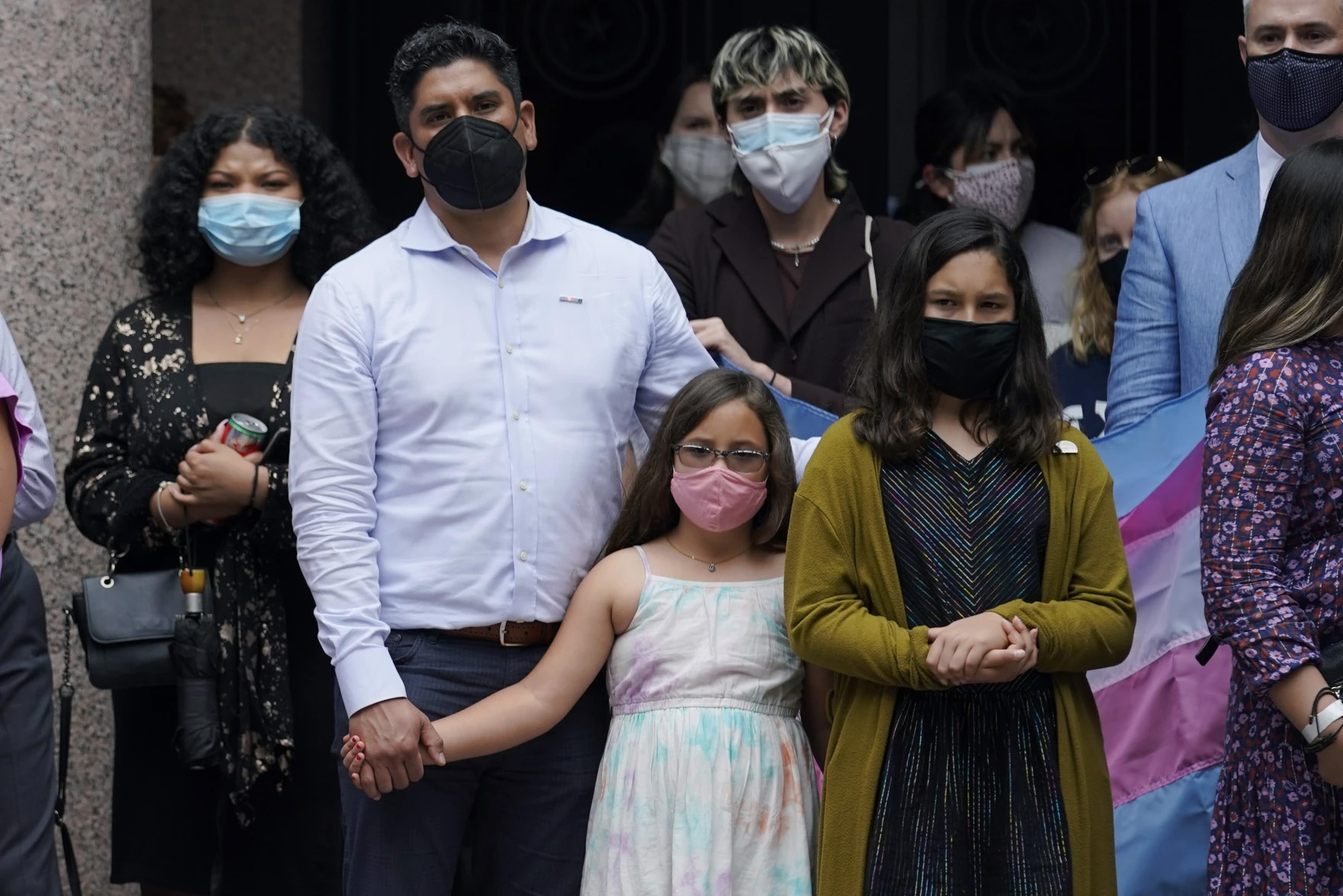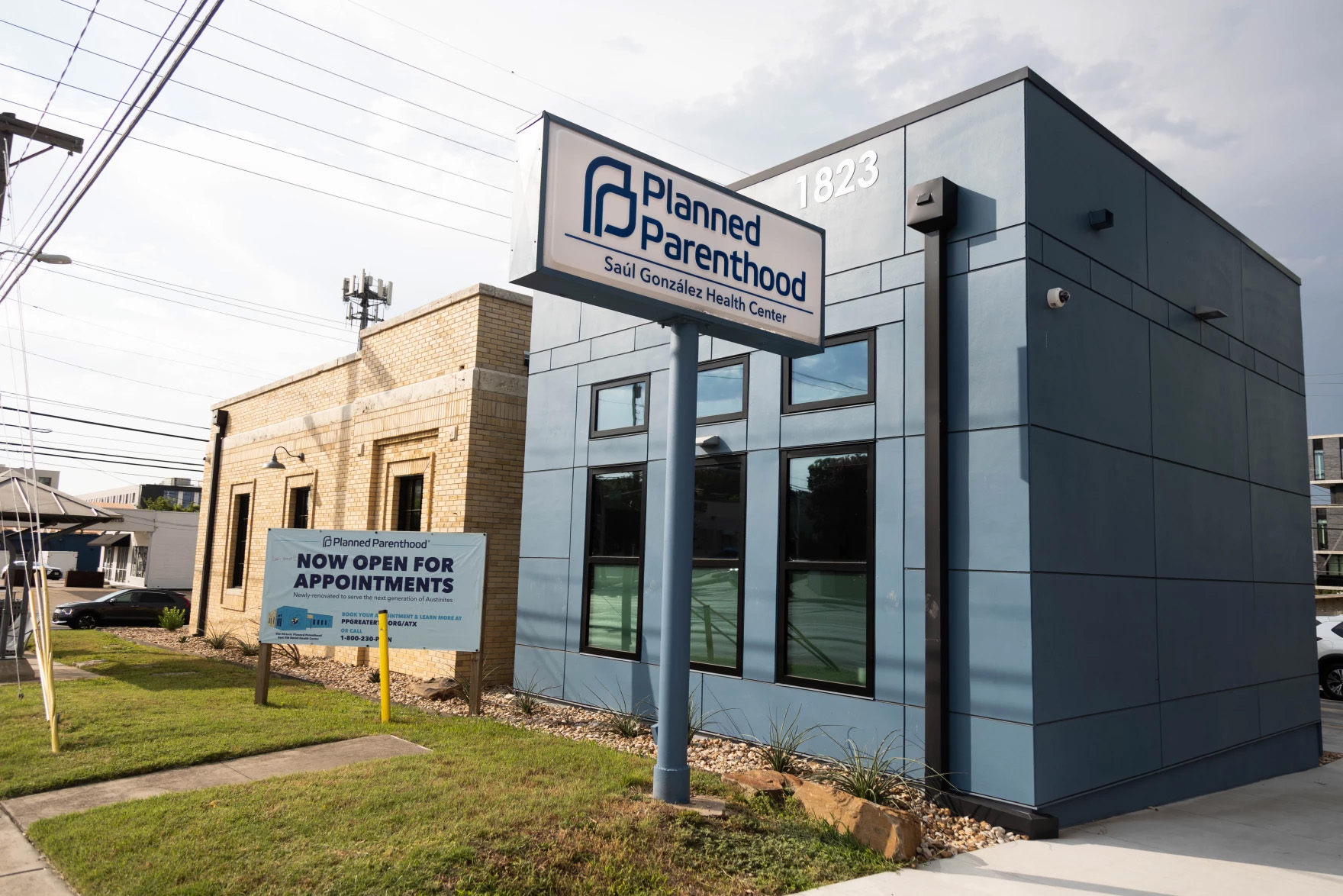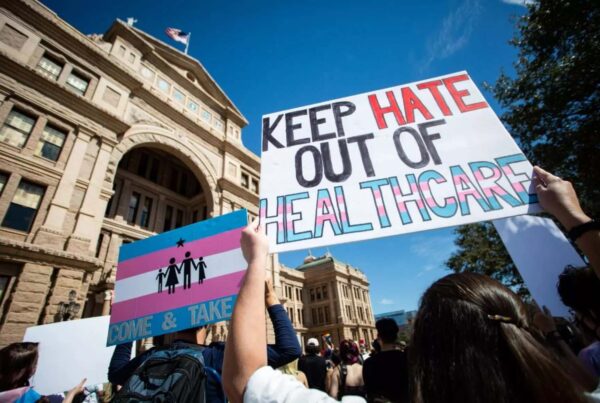From KERA News:
Earlier this year, Gov. Greg Abbott signed SB 14, a measure which bans transgender youth from accessing gender-affirming medical care, like puberty blockers and hormone therapy. Under the law, doctors who defy it would have their licenses revoked.
The ACLU of Texas, along with other organizations, filed a lawsuit to stop SB 14 from going into effect Sept. 1. A Texas judge granted a temporary injunction, blocking the law from moving forward, but the state appealed, overturning the injunction for now.
As debates play out in court, providers in Texas are concerned. Doctors who treat trans minors say the law interferes with their ability to do their jobs—and hurts their patients.
Beck Munsey, a clinical mental health counselor in North Texas who treats youth and adult LGBTQ+ clients, said he’s been fielding questions from clients all year.
“Even with the anti-trans youth laws, it impacts adults as well,” he said. “[They’re] worried about, ‘Okay, they’re attacking youth now? What about in two years? Are they going to start coming after me?’”
Munsey has heard these questions come up more frequently due to the state’s recent actions. Last year, the Department of Family and Protective Services investigated families of trans youth accessing gender-affirming medical care. Bills in this year’s legislative session sought to ban multiple aspects of LGBTQ+ life, including health care access, drag performances and trans athletes’ participation in school sports.
Munsey said all of this has created a sense of spiraling anxiety, for him and his patients.
“As a trans person that who also is a mental health practitioner, it’s very difficult for me,” he said. “My clients’ worries and concerns are the same worries and concerns that I have.”

















